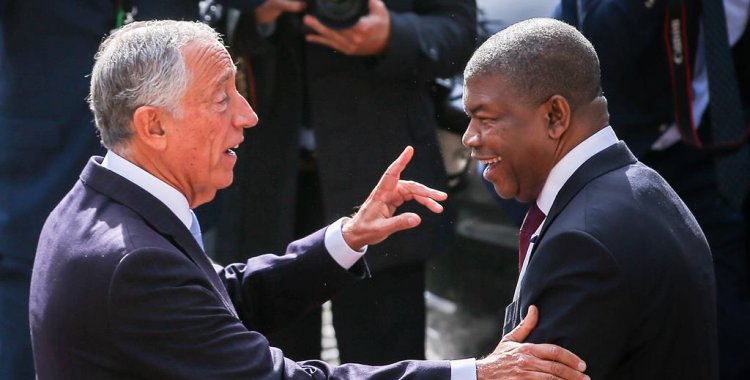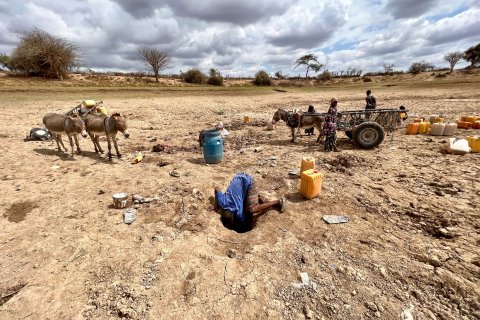"The eighth edition of the EurAfrican Forum 2025, an annual event promoted by the Portuguese Diaspora Council, will close with a 'Conversation with the Presidents' between the President of the Portuguese Republic, Marcelo Rebelo de Sousa, and the President of the Republic of Angola, João Lourenço", the organization announced in a statement sent to Lusa.
The statement explains that the forum will have the theme 'Transforming Tomorrow: Building Global Partnerships to Fulfill Agenda 2063' and "will bring together political leaders, businesspeople, researchers and other personalities from a wide range of sectors in nine sessions on opportunities between Europe and Africa".
The event, which will take place on 25 and 26 July at Universidade Nova SBE, in Carcavelos, on the outskirts of Lisbon, will also be attended by several Portuguese leaders, such as the Minister of State and Foreign Affairs, Paulo Rangel, the Minister of State and Finance, Joaquim Miranda Sarmento, the Minister of Environment and Energy, Maria da Graça Carvalho, and the Mayor of Cascais, Carlos Carreiras.
The Angolan side will be attended by the Minister of Telecommunications, Mário Augusto Oliveira, and the Minister of Transport, Ricardo Viegas d’Abreu, and the Angolan Ambassador to the European Union, Rosário Bento Pais, as well as the President of the Aga Khan Foundation, Mohamed Azzim.
"João Lourenço's participation in the EurAfrican Forum 2025 is part of his economic and political diplomacy agenda, promoting the strengthening of relations between Angola and Portugal, as well as the deepening of cooperation between Africa and Europe", says the organization, concluding that "his presence aims to foster strategic dialogue between the two continents, exploring opportunities for joint development".
This eighth edition of the EurAfrican Forum brings together leaders from several European and African organizations in nine thematic debates on Trade and Investment, Energy Security, Global Markets, Technology, Infrastructure Resilience, Financial Institutions, Startup Ecosystems, Geopolitics and Policies for Progress.







